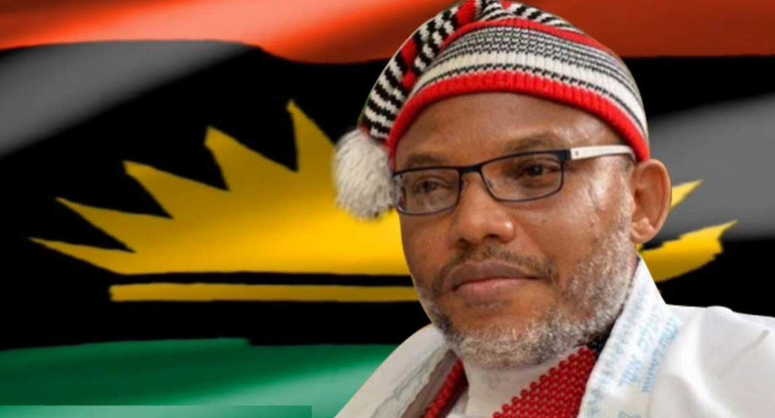Breaking News
Coronavirus Confirmed Cases Passes 5.25million Worldwide
The number of cases of coronavirus recorded worldwide has passed 5.25 million, more than two thirds of them in Europe and the United States, according to an AFP tally at 1650 GMT Saturday.

There are now 5,250,658 cases officially recorded, with 339,172 deaths attributed to the virus. Europe is the hardest-hit continent, with 2,003,510 cases and 173,186 deaths, while the United States is the worst-hit country, with 1,604,879 cases and 96,125 deaths, reports the international media.
These latest figures mean that the number of recorded cases worldwide has doubled in a month, and that 250,000 new cases have been recorded in less than three days.
The region that is seeing the swiftest rise in cases is now Latin America and the Caribbean, which saw 33,719 recorded on Friday — against 28,647 in the United States and Canada, which was previously where new recorded cases were appearing fastest.
On Friday, the World Health Organization (WHO) said that South America was “a new epicentre” of the virus, describing the situation in Brazil as particularly alarming. The tallies, using data collected by AFP from national authorities and information from the WHO, probably reflect only a fraction of the actual number of infections. Many countries are testing only symptomatic or the most serious cases.
Meanwhile, the United Nations secretary-general is again urging all parties to conflicts to respond to his call for a global ceasefire to tackle the pandemic, pointing to the more than 20,000 civilians killed or injured in attacks in 10 countries last year and millions more forced from their homes.
Antonio Guterres said in a report to the UN Security Council released Thursday that the pandemic is “the greatest test the world has faced” since the world body was established 75 years ago. And he said it has already had a severe impact on efforts to protect civilians, especially in conflict-affected countries where weak health care systems can be overwhelmed.
he said:
The UN chief said support for his March 23 ceasefire appeal from governments, regional organizations, armed groups, civil society and individuals throughout the world has been “encouraging.” But he said in many instances
“challenges in implementing the ceasefire still need to be overcome, in particular in areas where there are protracted conflicts, often involving multiple armed actors and complex interests at the local, national and international level.”
“As the world confronts the monumental challenge of the COVID-19 pandemic, the need to silence the guns could not be more acute,”
His new appeal focuses on the protection of civilians, stressing that the most effective way to protect them “is to prevent the outbreak, escalation, continuation and recurrence of armed conflicts.”
Guterres said that according to the United Nations, more than 20,000 civilians were killed last year in conflicts in 10 countries — Afghanistan, Central African Republic, Iraq, Libya, Nigeria, Somalia, South Sudan, Syria, Ukraine and Yemen.
He said that figure is almost certainly an underestimate because it doesn’t include civilian casualties in Cameroon, Chad, Congo, Mali, Myanmar, Niger, Sudan’s western Darfur region and the Palestinian territories.
The secretary-general said Afghanistan had the highest number of recorded civilian casualties in 2019 — 10,392 civilians killed or injured by homemade bombs and other attacks, with women and children accounting for 42 per cent of the victims.
In Syria, Guterres said hostilities resulted in the deaths of at least 2,404 civilians, including 466 women and 688 children. In Yemen, 3,217 civilians were reported to have been killed or injured, with children accounting for 25 per cent, And in South Sudan there were 1,405 civilian casualties, while in Somalia 1,459 died.
He also pointed to attacks on monasteries, schools and camps for internally displaced people in Myanmar, an air strike on an immigration detention facility in Libya that killed at least 53 migrants and refugees, and attacks by armed groups on markets, towns and commercial trucks in Nigeria that killed more than 100.





